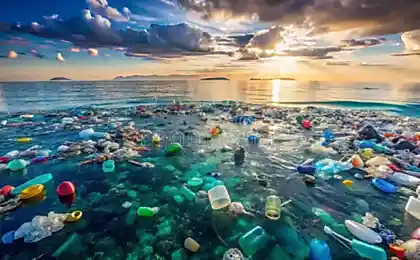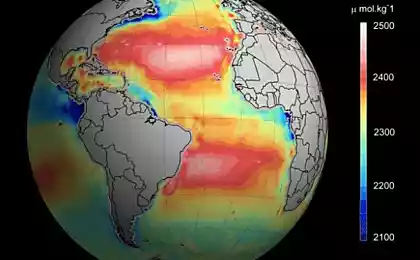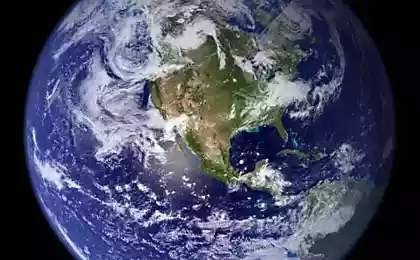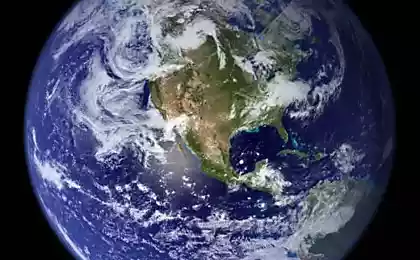200
Over the past 45 years, the world's ocean population has halved.
Life at sea is not as simple and carefree as it may seem at first sight. In our tough times, it’s hard to live for everyone – according to a new report from the World Wildlife Fund, a combination of uncontrolled fishing and climate change has reduced the world’s oceans’ population by almost half.
The study, which looked at 1,234 species of mammals, birds, reptiles and fish, found that between 1970 and 2012, the world's oceans declined by 49 percent. Populations of individual species have decreased even more significantly. Commercially valuable species, such as tuna and mackerel, declined by 74%, and sea cucumbers (considered a delicacy in some countries) decreased by 90%, especially in the Galapagos archipelago and the Red Sea. Sea cucumber fishing is currently prohibited in the Galapagos Islands, but poaching has not been eradicated.
The report also says that 1/3 of all algae species have already become extinct, and coral reefs could be extinct by 2050.
The report says there are hopes of remedying the situation. To do this, governments must pay attention to protecting the ocean and climate and agree on joint action at the United Nations climate summit in Paris this fall.
Fortunately for the oceans, there are already changes in conservation and conservation policies in different parts of the world. In recent years, researchers have identified conditions that will allow marine life to avoid extinction. This requires the creation of large and isolated areas with strict bans on fishing and industrial development. If these plans work, some populations may recover.
And now, as we've found out, there's a sea of free space for fish in the ocean.
Source: hi-news.ru
The study, which looked at 1,234 species of mammals, birds, reptiles and fish, found that between 1970 and 2012, the world's oceans declined by 49 percent. Populations of individual species have decreased even more significantly. Commercially valuable species, such as tuna and mackerel, declined by 74%, and sea cucumbers (considered a delicacy in some countries) decreased by 90%, especially in the Galapagos archipelago and the Red Sea. Sea cucumber fishing is currently prohibited in the Galapagos Islands, but poaching has not been eradicated.
The report also says that 1/3 of all algae species have already become extinct, and coral reefs could be extinct by 2050.
The report says there are hopes of remedying the situation. To do this, governments must pay attention to protecting the ocean and climate and agree on joint action at the United Nations climate summit in Paris this fall.
Fortunately for the oceans, there are already changes in conservation and conservation policies in different parts of the world. In recent years, researchers have identified conditions that will allow marine life to avoid extinction. This requires the creation of large and isolated areas with strict bans on fishing and industrial development. If these plans work, some populations may recover.
And now, as we've found out, there's a sea of free space for fish in the ocean.
Source: hi-news.ru























